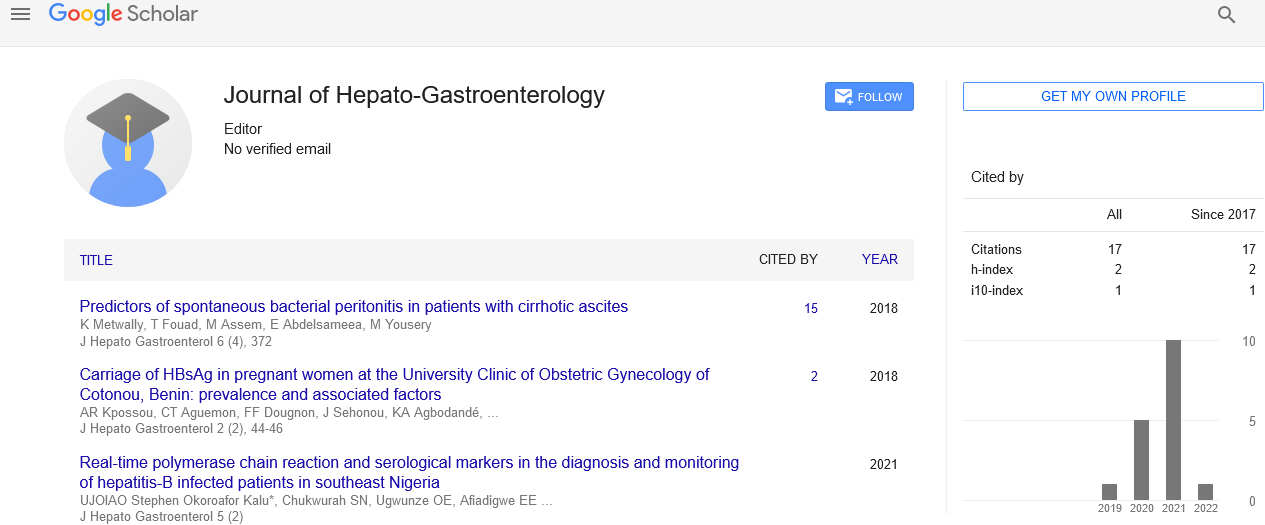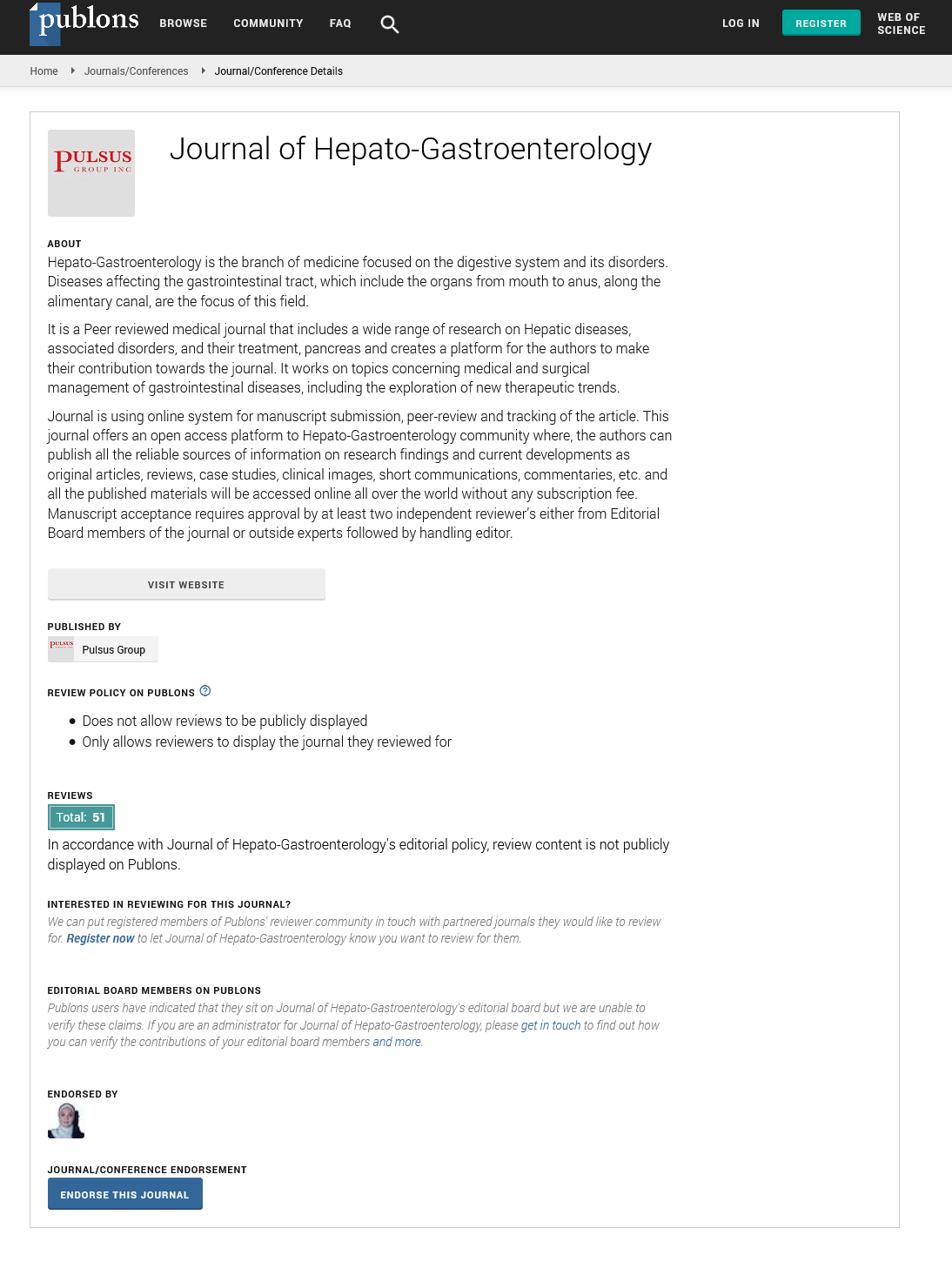Rikkunshito increases serum intestinal polypeptide levels in patients after pylorus-preserving pancreatico-duodenectomy
Received: 04-Nov-2019 Accepted Date: Nov 06, 2019; Published: 13-Nov-2019
Citation: Kono H, Kawaida H, Amemiya H, et al. Rikkunshito increases serum intestinal polypeptide levels in patients after pylorus-preserving pancreatico-duodenectomy. J Hepato Gastroenterol. 2019;3 (1):12-16.
This open-access article is distributed under the terms of the Creative Commons Attribution Non-Commercial License (CC BY-NC) (http://creativecommons.org/licenses/by-nc/4.0/), which permits reuse, distribution and reproduction of the article, provided that the original work is properly cited and the reuse is restricted to noncommercial purposes. For commercial reuse, contact reprints@pulsus.com
Abstract
BACKGROUND: Animals treated with a Japanese herbal medicine Rikkunshito (Tj43) showed an enhancing effect on gastric emptying. The mechanism by which Tj43 alleviates the gastrointestinal disorders induced by anticancer agents was to increase serum ghrelin levels.
Aim: In this study, the effects of Tj43 on serum ghrelin and other intestinal polypeptide levels, and food intake were investigated after surgery.
METHODS: Forty-one patients who underwent pylorus-preserving pancreatico-duodenectomy (PpPD) due to pancreato-biliary malignant tumors at the University of Yamanashi Hospital between 2012 and 2015 were assigned to receive Tj43 just after surgery [Tj43 (+) patients, n = 21, 7.5 g daily dose starting the day after surgery], or 3 weeks after surgery [Tj43 (-) patients, n = 20]. One week after surgery, meals were starting. Oral calorie intake from carbohydrates and protein/fat were assessed in the two groups 2 weeks after starting meals. Blood samples were obtained before and after surgery for regular blood tests. Plasma acyl and desacyl ghrelin levels were assayed by ELISA, together with serum peptide YY (PYY), gastric inhibitory peptide (GIP), spexin, and cholecystokinin (CCK) levels.






